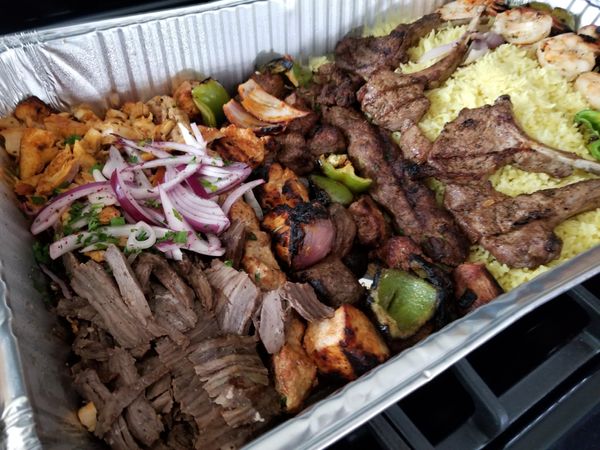When it comes to food safety, one common question many people ask is whether it’s safe to eat chicken or beef that has been left out overnight. Understanding the risks associated with consuming meat that’s been unrefrigerated for extended periods is crucial for maintaining good health and preventing foodborne illnesses.

Understanding the Risks
Leaving chicken or beef out at room temperature for an extended period poses significant health risks. The “danger zone” for perishable foods, according to the USDA, is between 40°F and 140°F (4°C and 60°C). Bacteria can multiply rapidly within this temperature range, potentially doubling in number every 20 minutes. When meat is left out overnight, it likely remains in this danger zone, providing ideal conditions for bacteria like Salmonella, E. coli, and Staphylococcus aureus to thrive.
Common Bacteria Found in Meat
Salmonella: Often found in poultry, this bacteria can cause severe food poisoning symptoms, including diarrhea, vomiting, and abdominal cramps.
E. coli: Some strains of E. coli can be particularly dangerous and are often associated with undercooked beef. Symptoms may include severe stomach cramps, diarrhea, and vomiting.
Staphylococcus aureus: This bacteria can produce toxins that are not destroyed by cooking, meaning that reheating the meat won’t make it safe once contaminated.
How Long Can Meat Safely Sit Out?
At Room Temperature: According to food safety guidelines, perishable foods like chicken and beef should not be left out for more than two hours at room temperature. If the ambient temperature is above 90°F (32°C), the safe time limit drops to just one hour. Beyond these time frames, the risk of bacterial growth increases significantly.
In a Cooler or Refrigerator: If the meat is kept in a cooler with ice or in a refrigerator, it can safely remain for longer periods, generally up to 2 days for poultry and up to 5 days for beef, before cooking or freezing is necessary.
Can Reheating Make It Safe?
A common misconception is that reheating meat left out overnight can eliminate any harmful bacteria. While reheating to the right temperature can kill many types of bacteria, it does not eliminate the toxins that bacteria like Staphylococcus aureus may have already produced. These toxins can survive high temperatures and still cause foodborne illness, even if the bacteria are killed. Therefore, reheating is not a foolproof solution to making left-out meat safe to eat.
Safe Practices for Storing Meat
To avoid the risks associated with leaving meat out overnight, here are some best practices to follow:
Refrigerate Promptly: Store chicken and beef in the refrigerator within two hours of cooking or purchasing. This is crucial to slow down bacterial growth and keep the meat safe for consumption.
Use Proper Containers: Use airtight containers or zip-lock bags to store meat. This helps maintain freshness and prevent contamination from other foods in the refrigerator.
Defrost Properly: When defrosting meat, do so in the refrigerator, cold water, or microwave, rather than leaving it on the counter.
Practice FIFO (First In, First Out): Use older meat before new purchases to reduce waste and ensure freshness.
What to Do If Meat Is Left Out Overnight
If you accidentally leave chicken or beef out overnight, it’s generally recommended to err on the side of caution and discard the meat. The potential health risks far outweigh the cost of replacing the meat. If in doubt, remember the food safety adage: “When in doubt, throw it out.”
Conclusion
Consuming chicken or beef left out overnight can pose serious health risks due to bacterial growth and toxin production. By following safe storage practices and understanding the limitations of reheating, you can protect yourself and your family from foodborne illnesses. Always prioritize safety over convenience when it comes to handling perishable foods.





